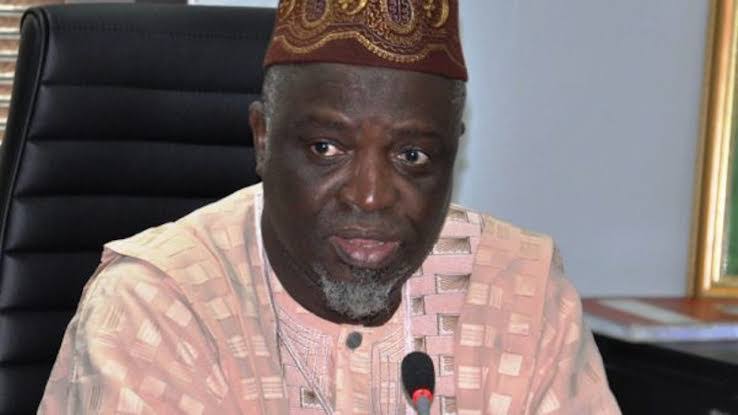The Registrar of the Joint Admissions and Matriculation Board (JAMB), Professor Ishaq Oloyede, has condemned the action of some private secondary schools alleged to have extorted candidates for the Unified Tertiary Matriculation Examination (UTME) as well as mismanage their data.
Oloyede, while speaking in an interview on Channels Television’s Sunrise Daily on Monday, revealed that the private schools mismanage the data of candidates who incidentally are their students, saying the Board has always insisted that every candidate must register individually with his or her own phone.
He clarified that UTME is not school-based and as such schools should not under any guise register students collectively or charge them higher than the official fee approved by the Federal Government.
The JAMB boss said: “What we are calling on the candidates to do is that they should go to the centre and register. But one very important thing that we are facing now with students either with disabilities or without disability is that UTME is not a school-based examination.
“There are private secondary schools who are extorting the candidates, they will take 10,000, 20,000 and they say JAMB form whereas they pay just 6,000 or 7,000 as the case may be. They are mismanaging the data of the candidates,” he added.
The JAMB registrar further stated, “Every candidate is supposed to register with his or her own phone but these people are mixing their data together.
“Even one institution, Federal Government College Bwari wrote to us, ‘Can you give them (people with disabilities) special registration?’ It is not possible, we are not school-based. We register individual candidates who are going into the university, we are not registering cohorts.”
JAMB last year announced the creation of 11 UTME centers, specially for Persons With Disabilities.
Oloyede explained that the main reason behind creation of centres for PWDs was to provide equal opportunity for all candidates sitting the UTME.
He said JAMB identified the need for special attention for persons with disabilities and decided to create the centres with the help of some individuals and organisations.
“The idea is that those who are suffering from physical disabilities require support. We find out that they need special attention and this special attention cannot be easily available in 774 centres across the country.
“So, what we therefore did was to create centres that are as close as possible to where they are coming from. We know that that is even a strain on them but in order to provide equal opportunity for them;
“What we have also done is to provide wherewithal for them and their guide to the centre and we created these centres across the country so that the closer they are to the place of abode of these candidates the better,” he said.
